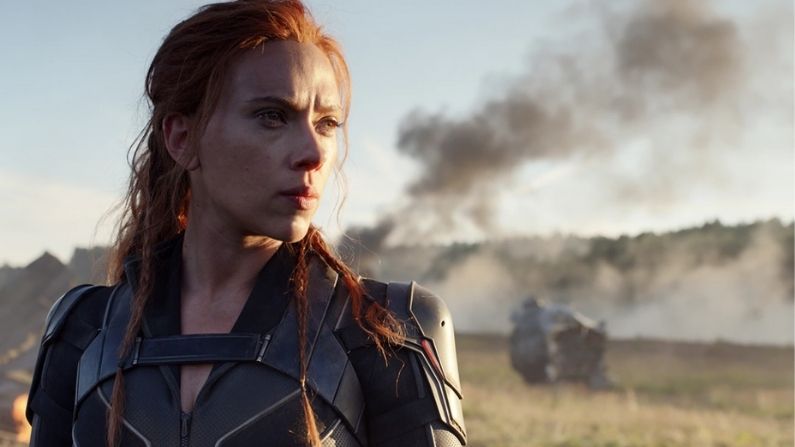For the better part of 11 years, each of the Marvel solo projects has had one job. Build up a specific character in a way that enhances and defines the Avengers meta-narrative. This was managed through a combination of back-stories and side-stories that, though occasionally far afield, always related back to the grand arc of the Infinity War timeline. As a mechanism for introducing a future big player (like Dr. Strange) or adding substance to one already teased in the larger context (like Black Panther), the solo movies have been a wonderful way to keep the flame lit between the Avengers titles. But what value do these glimpses into the lives of our heroes have now that their world-breaking showdown with Thanos is done? More importantly, how necessary are stories that recall a time before he even arrived? Should we care?
“Black Widow,” out now in theaters and on Disney+, takes place right after the events of “Captain America: Civil War.” This is well before the events of the Infinity War movies and the significant impact they have on Scarlett Johansson’s Natasha Romanoff character. Johansson has been playing Romanoff for over a decade now and she’s managed to carve out an important space on the mostly male Avengers squad, one she held down on her own until Scarlett Witch and Captain Marvel arrived. Romanoff’s swagger, intellect and deep guilt over the sins of her past have been main ingredients in the recipe that makes the Avengers such a complicated group emotionally. Her former life as a ruthless Russian assassin has been alluded to many times since we met her, but this is the first time Natasha’s history gets its own feature-length study. It’s a real shame Marvel waited so long to do it because, besides being a disservice to her legacy generally, the delay has made things a little awkward.
I feel like the statute of limitations has run out on Infinity War spoilers, so I’ll just say it. Like Tony Stark, Natasha Romanoff is dead. She sacrificed herself to help thwart Thanos’ plot. This makes the out-of-order nature of her only solo adventure really weird. It also raises an issue I think all the Avengers characters now face. How do you make the stakes of any new crisis meaningful enough after the world almost ended, twice? To its credit, “Black Widow” doesn’t try to be bigger than it is. It’s an origin tale at its core but it’s told mostly through Natasha’s revisiting of the old places and old foes. The supporting cast is good. Terrible accents aside, Florence Pugh, Rachel Weisz and David Harbour all bring the right balance of humor and physical potency. But I can’t say the same for the movie as a whole. Director Cate Shortland absolutely nails the action sequences but doesn’t offer much depth during the exploration of Natasha’s broken childhood and highly irregular family dynamic. The performances are fine, but the script isn’t always worthy of them. Just like Black Widow, the character, Black Widow the film has fists that are more skilled than its heart.
I wish the timing of “Black Widow”’s release, which was not entirely the studio’s fault, didn’t make the timing of its plot so clunky. Had this film been slotted chronologically, it could have served as a brilliant setup for Natasha’s part in the Endgame. Instead, it stands out for how much it stands out. Marvel might have waited too long on this one.






